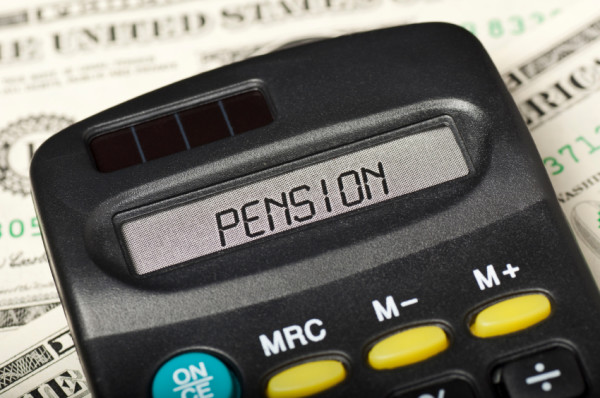

Royal Mail has improved the pension offer made to its staff.
The company announced in April that it would close its defined benefit pension scheme to future accruals from next year.
Royal Mail is now offering members the choice of joining either a defined benefit cash balance scheme or a defined contribution scheme.
From 1 April 2018, the defined benefit cash balance scheme would provide members with a guaranteed lump sum at retirement.
About 97 per cent of members currently give up annual pension at retirement in order to take a tax-free lump sum.
Under the company’s proposal, there would be less need – or even no need at all – for members to give up annual pension to get a tax-free lump sum.
The Royal Mail contribution to members’ retirement accounts would increase from 12.6 per cent to 13.6 per cent, compared with the initial defined benefit cash balance scheme proposal.
The company would contribute a further 2 per cent for other member benefits, including death in service and ill-health.
Members’ retirement accounts would be credited with 19.6 per cent of pensionable pay every year. This includes 13.6 per cent from the company and 6 per cent from members.
Plan members would also have the option of joining a new defined contribution scheme as an alternative. The Royal Mail contribution would be 13.6 per cent of pensionable pay.
Unite is planning to hold a consultative ballot of its members on this proposal, as it believes this is the best available deal for plan members and a significant improvement on the company’s original defined contribution proposal.
Royal Mail has also offered this improved proposal to the CWU and the company is one of a few companies offering to replace one defined benefit scheme with another.
Royal Mail's bosses stated that ”the risk to the company of the proposed defined benefit cash balance scheme would be materially lower than under the current plan and is a manageable risk for us.” It expects that "the overall cost of the proposal will be funded within its current £400 million annual pension contribution."
The latest valuation of the Royal Mail Pension Plan showed the defined benefit scheme as at 31 March 2015 had assets of £6.15bn and liabilities of £4.45bn.
The company said on this basis, the cost of benefits being accrued each year, based on market conditions at the end of March 2017, would currently be around £1.3bn.
This is significantly greater than the total annual contributions of around £400m that the company and employee make.
Penny Cogher, partner at law firm Irwin Mitchell, said: "A cash balance defined benefit scheme does help employers to control costs as they are funding a guaranteed lump sum payable on retirement that can be used as the member decides rather than a guaranteed pension.
"Some members may just prefer to join the standard defined contribution section as employer contributions are now the same for both (13.6 per cent of pensionable pay). Employees have to contribute 6 per cent to the cash balance section - it's not clear what they would have to contribute to the DC section.
"There are bound be employees who does not trust that their pension benefit will be safe on a long term basis with the cash balance defined benefit option, although members of the cash balance section will also receive death in service cover and an incapacity pension that would not be available through the scheme for the DC members.
"It is no longer the case that one size fits all as regards pension provision and this is fine as long as employees understand what they are signing up to.
"In my experience it is notoriously difficult to explain cash balance defined benefit type arrangements to scheme members as they are quite complex. The three unions can help with this and hopefully they will work together in how they communicate the proposals to the employees as it would be unfortunate if they gave too many different messages. Each are bound to have their own views on the proposal.
"Non-affected members will have their employer contributions increased to their separate DC scheme going forward, with the highest tier receiving employer contributions of 10 per cent.
"These people are bound to continue to feel like second class pension citizens."
stephanie.hawthorne@ft.com



